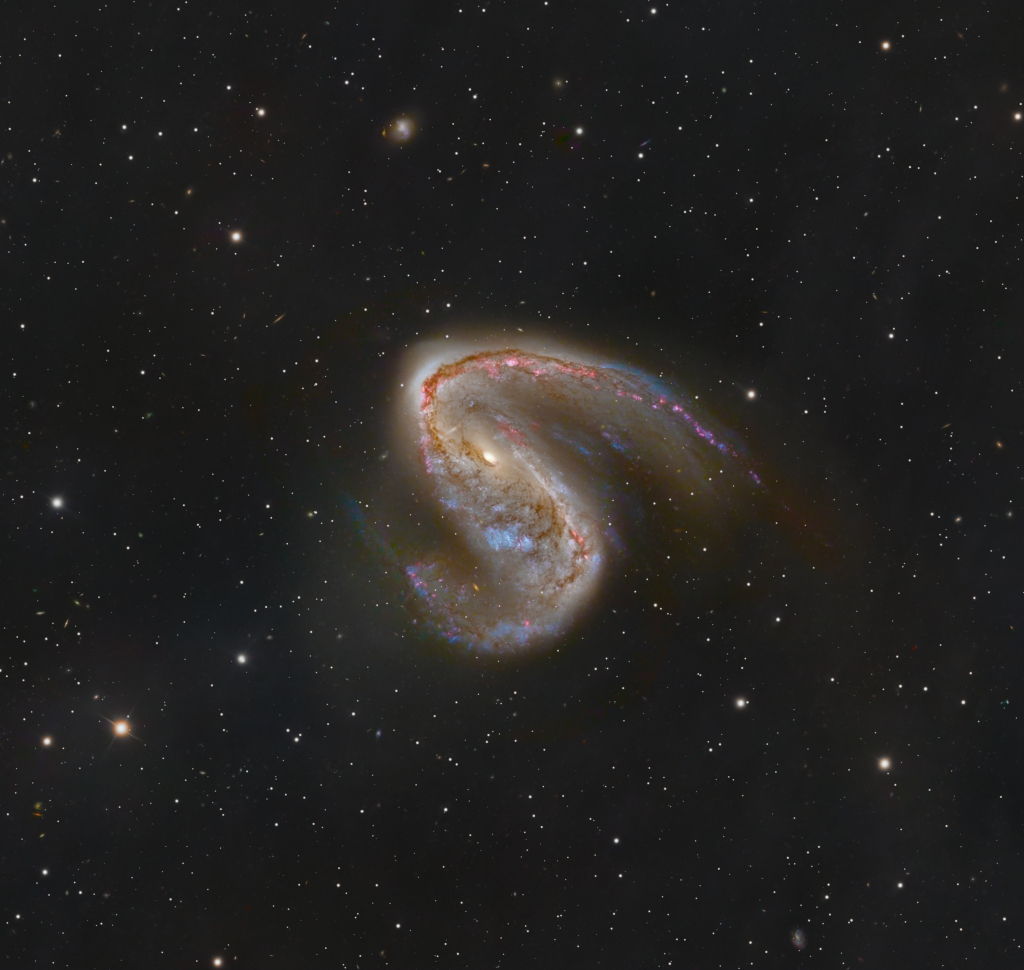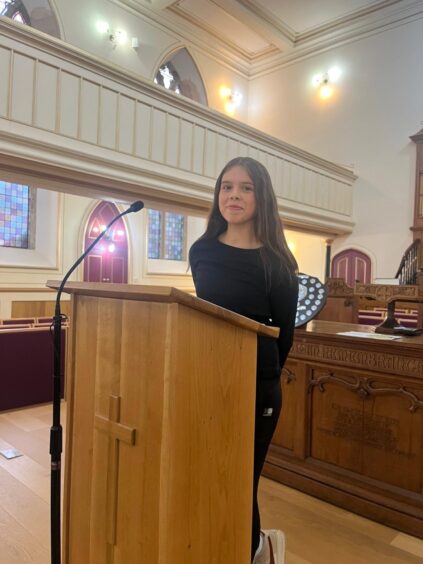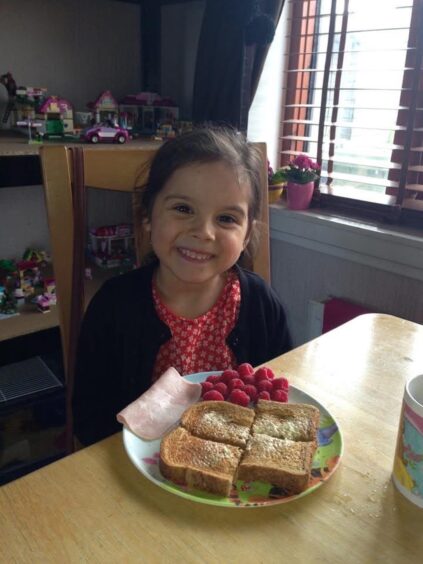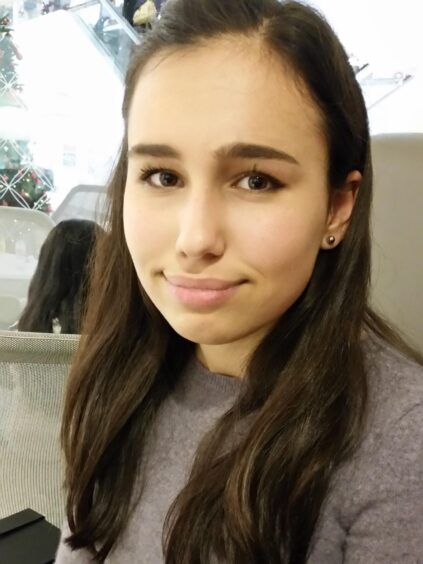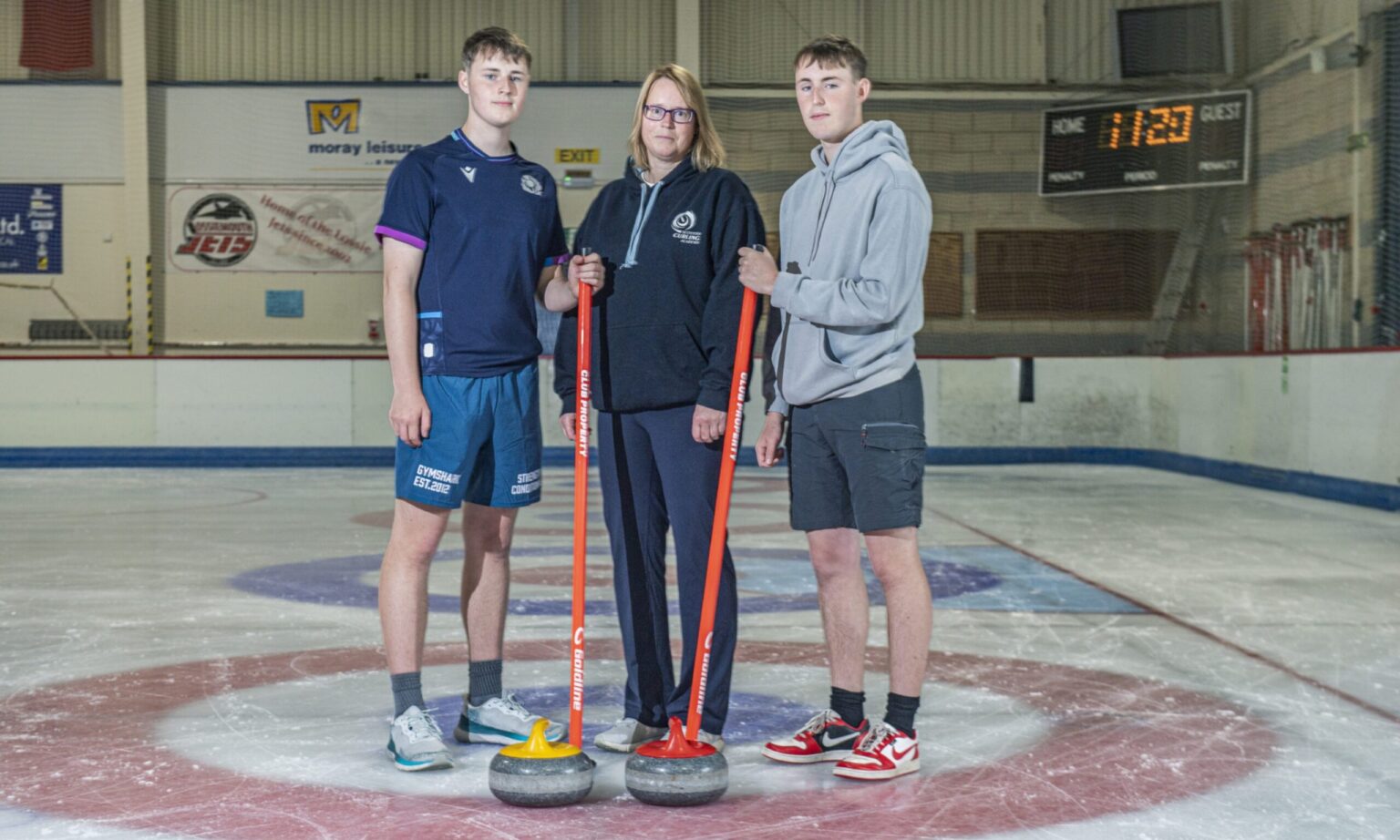The Thurso teen who grew up scared of what she eats
Living with life-threatening food allergies means fearing what you eat but Ava Deighan, 16, hopes her story will help change that fear into understanding.
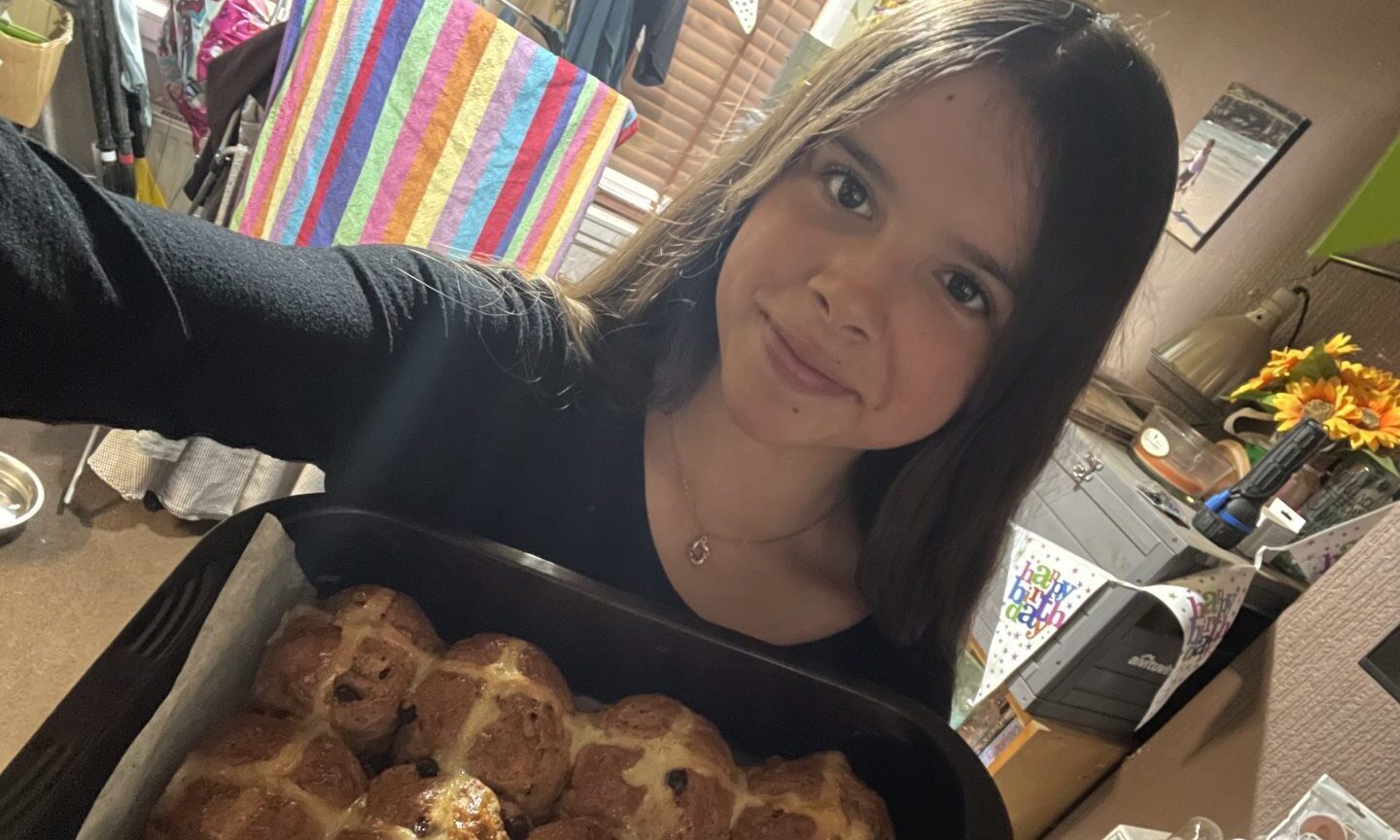
Mention London to Ava Deighan and the 16-year-old, like many her age, lights up.
She and her mum Leanne travelled down there from Thurso last year, and she can talk at length about how great the city is.
But what captured Ava wasn’t the bright lights of Oxford Street, the West End musicals or Big Ben.
It was that London is the one of the few places where she doesn’t feel she’s risking her life just by ordering lunch.
“London’s amazing,” Ava says. “They have allergen guides and staff who really understand, so you just feel safer ordering food.”
A life lived with the danger of food allergies
Since she was a baby, Ava has battled serious food allergies — the kind that mean one wrong bite can close her throat.
As a toddler, she was airlifted by helicopter after a serious reaction to egg.
At school, she’d sit apart at lunch, “safe” snacks packed from home, while some classmates called her fussy or a liar.
That fear — of food, of being misunderstood — follows her everywhere. Which is why London, with its allergy-friendly restaurants, has her heart.
“If I’m honest, going out to eat is one of the worst things I ever have to do,” she says.
“I absolutely hate it. And it’s probably because of what happened when I was little.”
Ava’s helicopter ‘origin story’
When Ava was born, she didn’t have obvious issues straight away, just dry skin that refused to clear up.
But when she first tried egg at seven months old, she had an anaphylactic reaction.
Leanne, 40, says the doctors brushed it off, and for months she went back and forth to the GP, convinced her daughter was reacting to food.
“She was covered in rashes, her skin was awful, she didn’t sleep. But they just told me I was fussing too much, or that I didn’t know what I was talking about because I was young and on my own.”
Then, when Ava was just 18 months old, she developed a severe chest and skin infection. She was so ill she had to be airlifted from her local hospital to Raigmore Hospital in Inverness.
In the Deighan household, that helicopter ride to hospital is an oft-told story — Ava’s “origin story”, though Ava herself doesn’t remember it.
“I always use it in two truths and a lie,” Ava laughs. “But I don’t remember it, unfortunately.”
Leanne does.
“It was probably the most traumatic thing we’ve ever been through,” she says. “But it was her saving grace too — it finally got her the help she needed.”
Within months, Ava had the tests that confirmed what her mum had always suspected: multiple serious food allergies, from soya and wheat to nuts, dairy, egg and, later, penicillin.
It was just before Ava’s second birthday, and Leanne was overjoyed she finally had some answers.
“It didn’t make life easy, but at least we knew what we were dealing with.”
When eating out is like playing Russian roulette
Ava has never known life without allergies.
“My whole life has revolved around them,” she says.
And it’s shaped her relationship with food in a way few teenagers can imagine.
“I love to cook and bake,” Ava says. “That’s my passion. Because when I make something myself, I know I’m safe. But when other people make it? I’m scared.”
That fear isn’t hypothetical. Over the years, restaurants, parties and days out have turned dangerous in seconds.
Ava remembers being told food was safe — only to throw up in the street because the bread contained egg.
She’s had itchy hives, asthma attacks triggered by egg fumes in kitchens, and once spent a week covered in a rash after being given penicillin.
Eating out could be the equivalent of Russian roulette, with Ava constantly on alert for allergic reactions.
“I honestly couldn’t tell you how many times I’ve cried in restaurants,” she says. “It’s just so stressful. You have to put so much trust in other people.”
How Ava’s allergies caused her problems at school
Her allergies affect her life in other ways.
One of Ava’s best friends never let her stay for sleepovers as a child because her mum was too frightened of something going wrong.
Some friends thought she was exaggerating. Even now, classmates confuse her allergies with ‘fussiness’ or say she’s just being difficult. Some have even called her a liar.
“People say, ‘Can’t you just try a bit?’ or they think you’re just picky,” Ava says. “I grew up thinking I was a hassle.”
There was also ignorance around the difference between allergies and food intolerances.
Allergies involve the immune system and can be life-threatening, while intolerances don’t — and are generally far less severe. But Ava found plenty of people who couldn’t — or wouldn’t — see the difference.
“It definitely does create a divide for certain people,” Ava says.
A push for change in Scotland
Ava’s experience is far from unique — and it’s exactly the kind of daily fear the Natasha Allergy Research Foundation is determined to stop.
Set up by Nadim and Tanya Ednan-Laperouse after their daughter Natasha died aged 15 from an allergic reaction to a baguette with undeclared sesame seeds, the charity has campaigned to make sure other families don’t face the same tragedy.
“I’ve lived with this my whole life, and I knew the foundation was doing work that could actually help people like me,” says Ava, who cut 18 inches of her hair to fundraise for the foundation. “When they sent me a handwritten card back, it made me feel really seen.”
She’s stayed connected since then — giving speeches to spread awareness and following the Foundation’s latest projects, including a resource for teachers and parents called Allergy School.
She’s excited that some of the charity’s biggest work is happening right here in Scotland, with the £2.7 million Natasha Clinical Trial underway in Edinburgh and Aberdeen.
“There’s a clinical trial now that could help people with allergies build up a tolerance,” she says. “And they’re pushing for an Allergy Tsar too, someone in government to make sure we get taken seriously.”
Finding control — and hope
Through it all, baking has been Ava’s safe space. She loves making cakes and cookies to take to sleepovers, so she can eat the same thing as everyone else.
Her friends are always shocked to learn they’re dairy and egg free.
“They say, ‘But it looks normal!’” she laughs. “I love that, because it means I can feel included.”
Her dream is to study international accountancy at university in Edinburgh or Glasgow — somewhere big enough to feel a bit more like London, where asking about allergens isn’t met with a blank stare.
“When I go to university, I’ll still have these allergies,” Ava says. “Sometimes that hits me — like, this is forever. But I don’t want them to run my life.”
She hopes that by telling her story, other people with serious allergies might feel less alone.
“Having allergies can make you feel so alone,” she says. “But you’re really not. There are more of us than it seems. And there will be change.”
[Source: Press and Journal]










/file/attachments/orphans/GettyImages-173171038_666041.jpg)



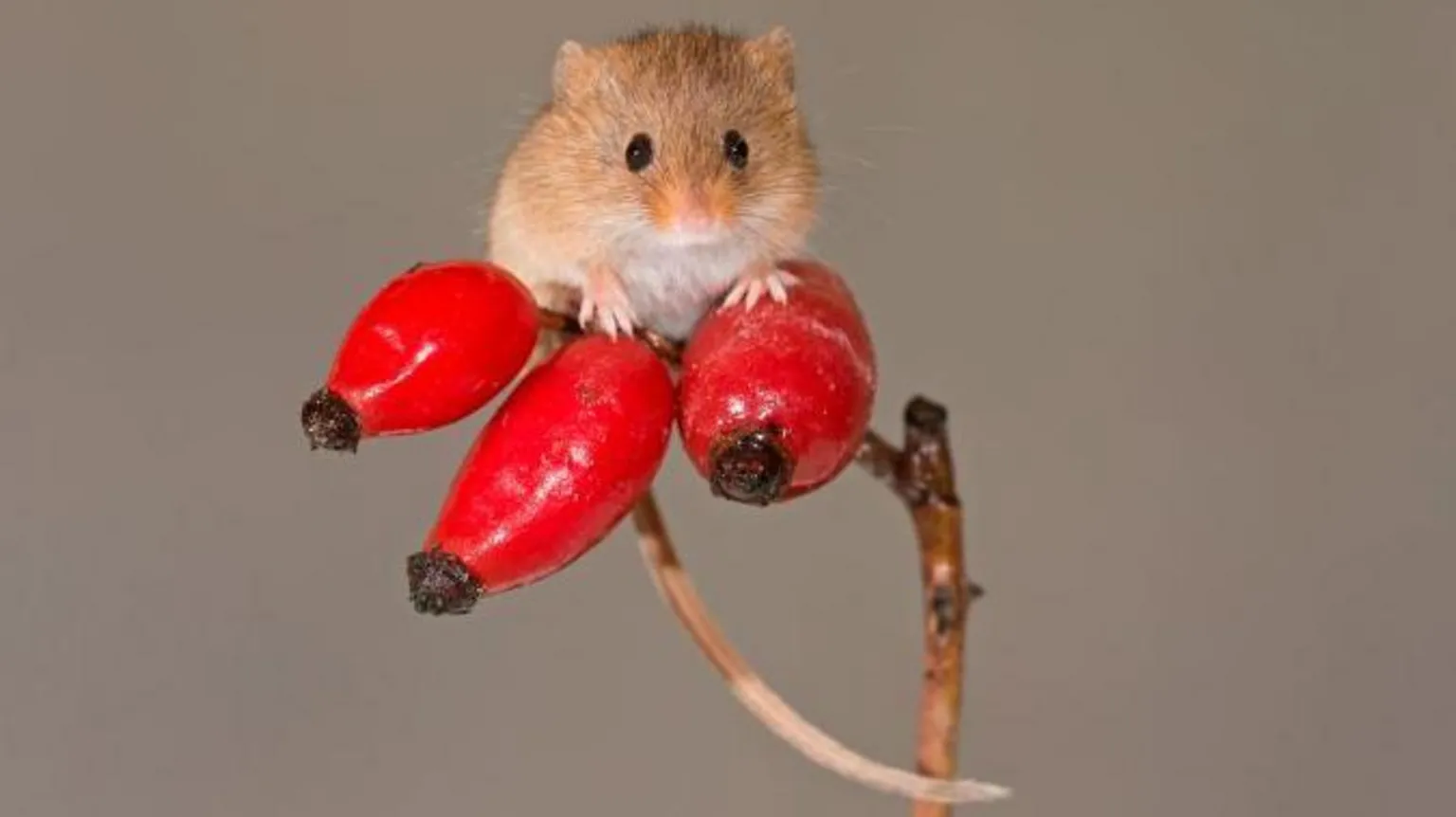








/file/attachments/orphans/IMG_9103_429753.jpeg)










